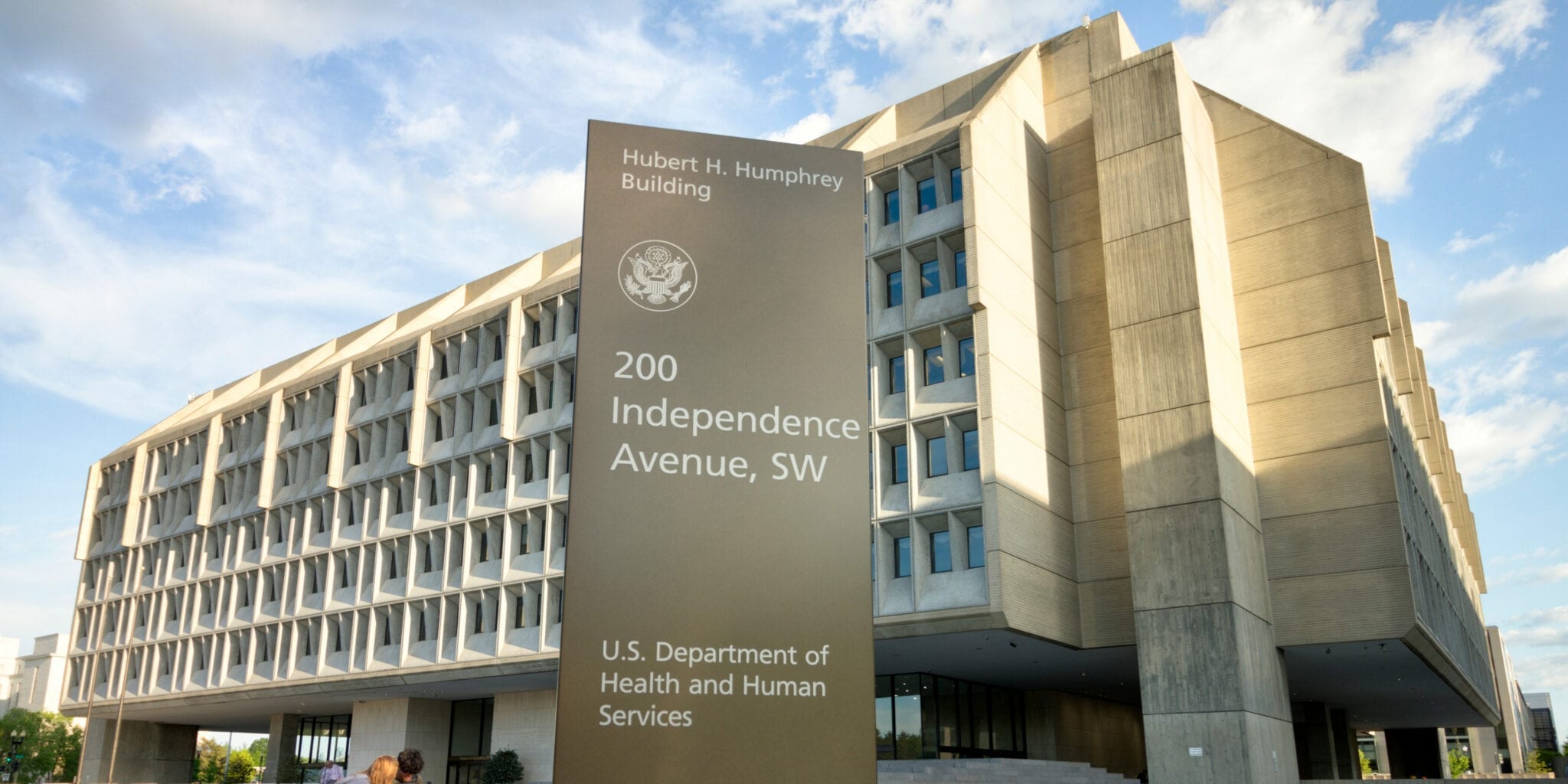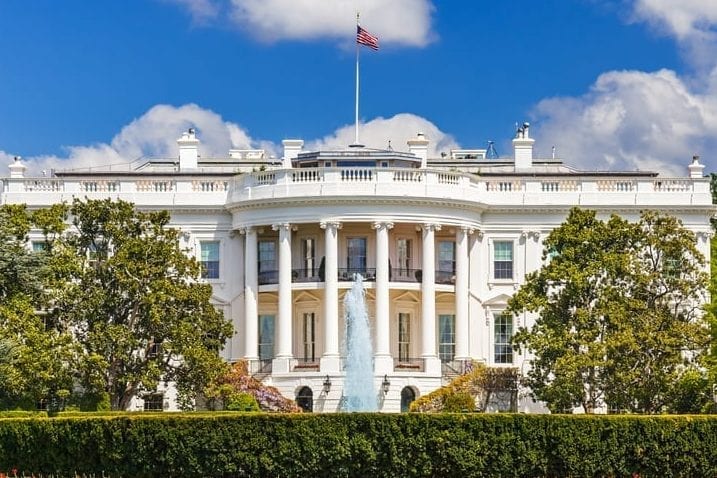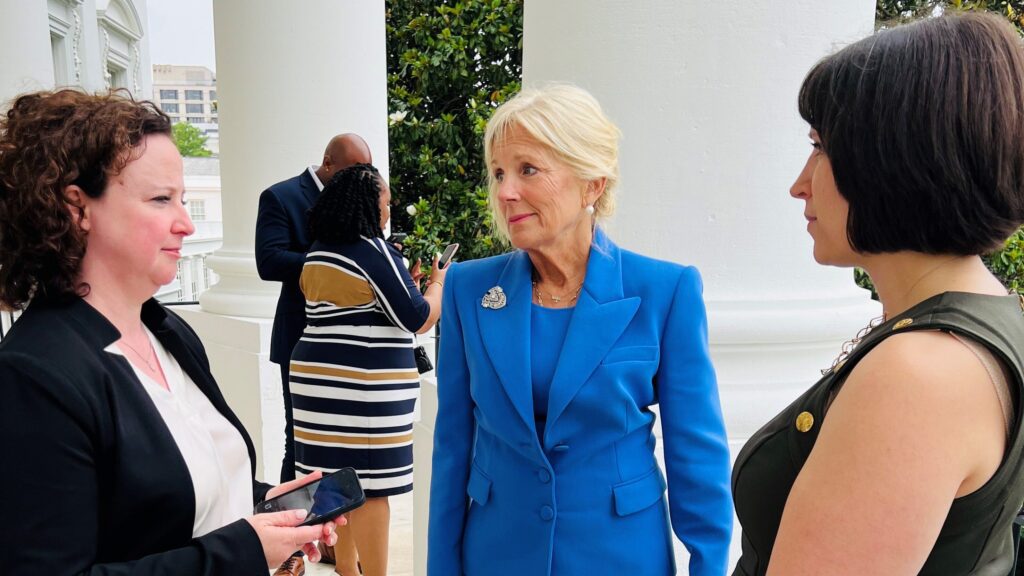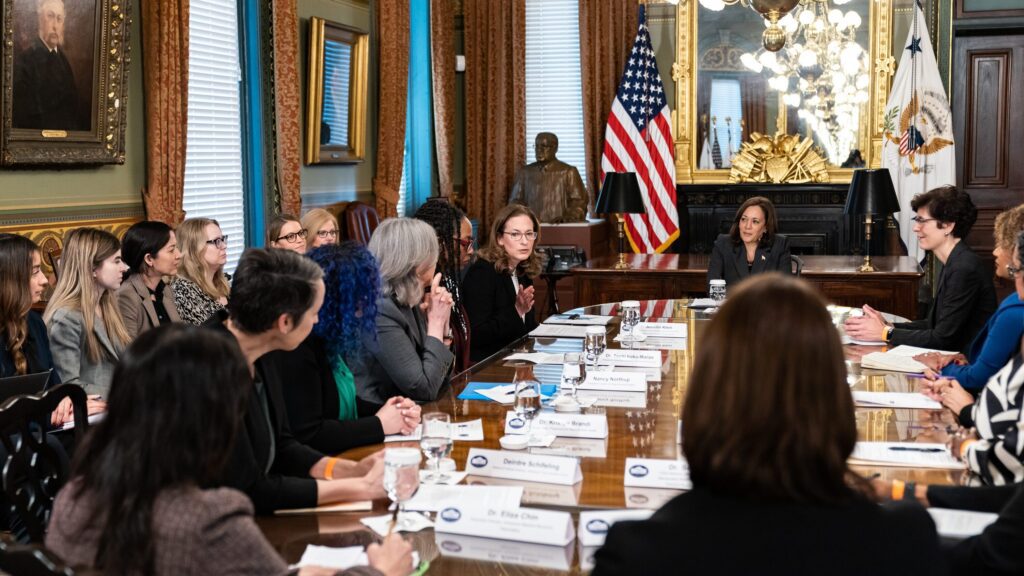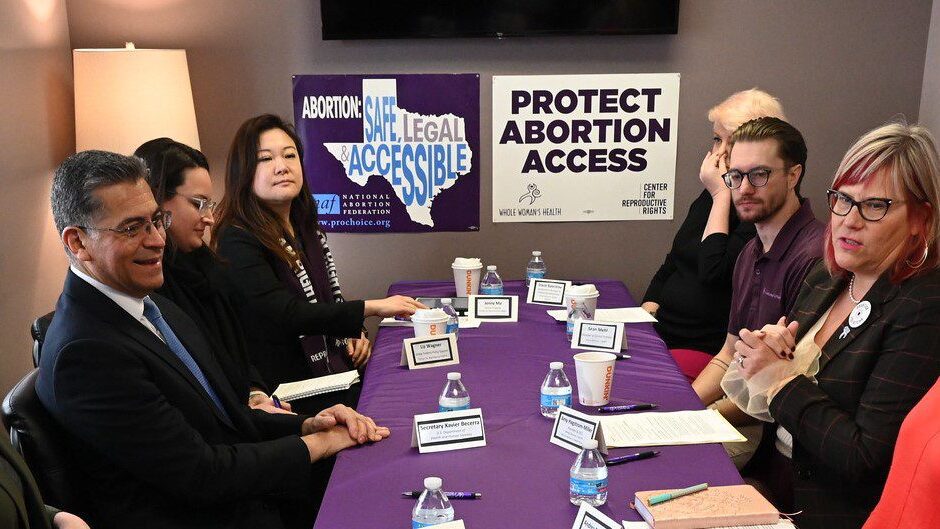U.S. Federal Administrative Advocacy
The Center for Reproductive Rights holds federal agencies accountable in upholding and advancing reproductive rights and health.
Summary
Agency officials across the federal government implement and enforce laws, make funding decisions, collect and analyze data, and create rules affecting everyday lives across the country.
The Center for Reproductive Rights works to ensure that federal agencies protect, respect, and fulfill the human right to health care by holding agencies accountable and promoting policy changes that advance access to reproductive health care—and now that the Supreme Court has eliminated federal protections for abortion rights, holding agencies accountable is more important than ever.
The Center advocates for and against proposed rules and regulations, educates key stakeholders on the impact of federal policies and actions, makes policy recommendations, uncovers key documents and records, works to hold the Executive Branch accountable, and challenges unlawful actions and regulations in the courts.
The Center continues to work with the Biden-Harris administration to promote progressive policies that advance reproductive health care in the U.S. and around the world.
Key Facts
400,100
Women veterans living in states that have banned or are likely to ban abortion.
1st
The Biden administration is the first administration to host abortion providers and people who have had abortions at the White House.
79%
Increase in funding proposed in the President’s FY2024 Budget for the Title X Family Planning Program.
Work Highlights
Explore highlights of the Center’s federal administrative advocacy.
Recent submissions supporting or opposing proposed rules and regulations.
FDA ends in-person requirement and allows retail and online pharmacies to directly dispense abortion medication to patients.
Groundbreaking government-wide strategy will help guide foreign and domestic policy.
More Highlights
Center Client Joins VP to Mark One Year Without Roe
On June 24, 2023, Vice President Harris held a rally in Charlotte, North Carolina to mark one year since the Supreme Court overruled Roe v. Wade and eliminated the constitutional right to abortion. Dr. Amy Bryant, a former Center client and North Carolina abortion provider, spoke at the event. Read more.
Center Leaders and Clients Meet with First Lady and Gender Policy Head About Dobbs’ Impact on Women’s Health
On June 20, 2023, Center leaders and women denied abortion care joined First Lady Jill Biden for a conversation at the White House with Assistant to the President and Director of the White House Gender Policy Council, Jennifer Klein, about the impact of the Dobbs decision on women’s health and lives. Read more.
Center CEO Among the Experts Meeting with VP on Protecting Medication Abortion
On February 24, 2023, the Center’s President and CEO Nancy Northup joined with leading medical experts and other reproductive rights leaders at a meeting with Vice President Kamala Harris to discuss protecting reproductive health care, particularly medication abortion. Read more.
HHS Secretary Tours Clinic in Trip Organized by the Center
On January 30, 2023, United States Secretary of Health and Human Services (HHS) Xavier Becerra visited the Whole Women’s Health (WWH) clinic in Alexandria, Virginia, for a tour and roundtable discussion organized by the Center’s Federal Policy and Advocacy team. Read more.
